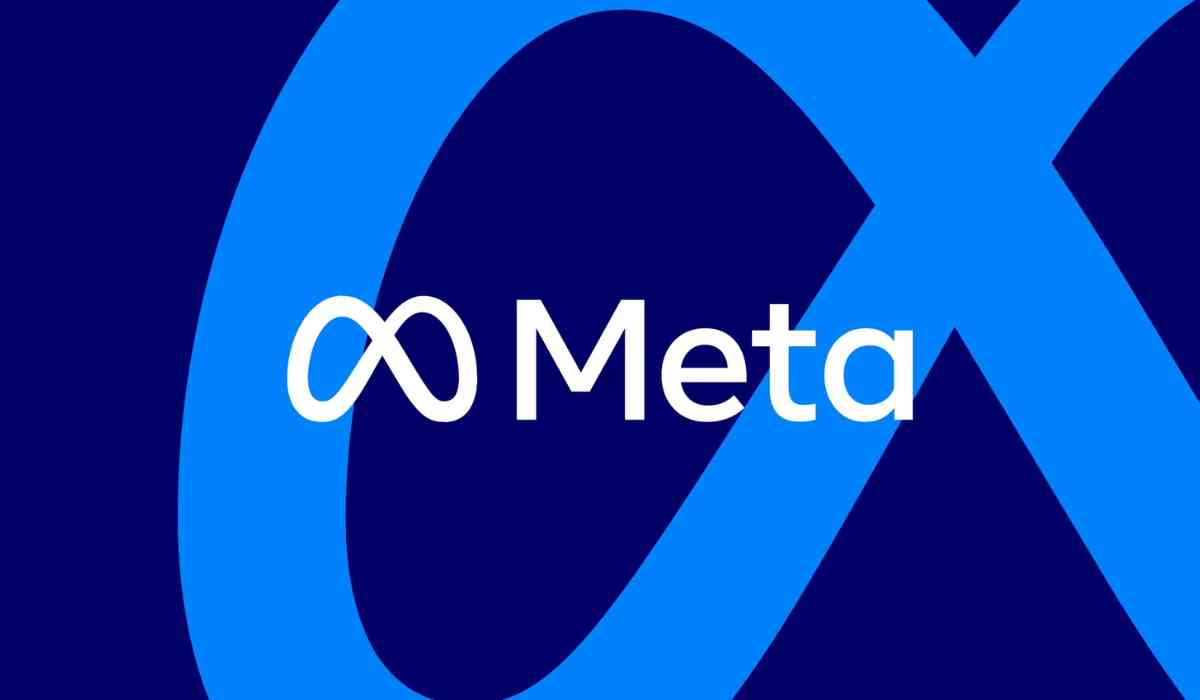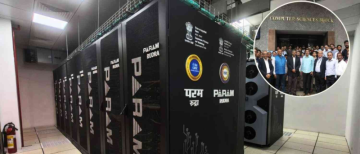As artificial intelligence continues to drive skyrocketing demand for data processing and energy, Meta Platforms Inc.—the parent company of Facebook—has joined the ranks of Big Tech players making long-term bets on nuclear energy. In a landmark 20-year deal announced this week, Meta is partnering with Constellation Energy to secure a steady supply of nuclear power to meet its AI and data center needs, marking another major tech-nuclear collaboration reshaping the U.S. energy landscape.
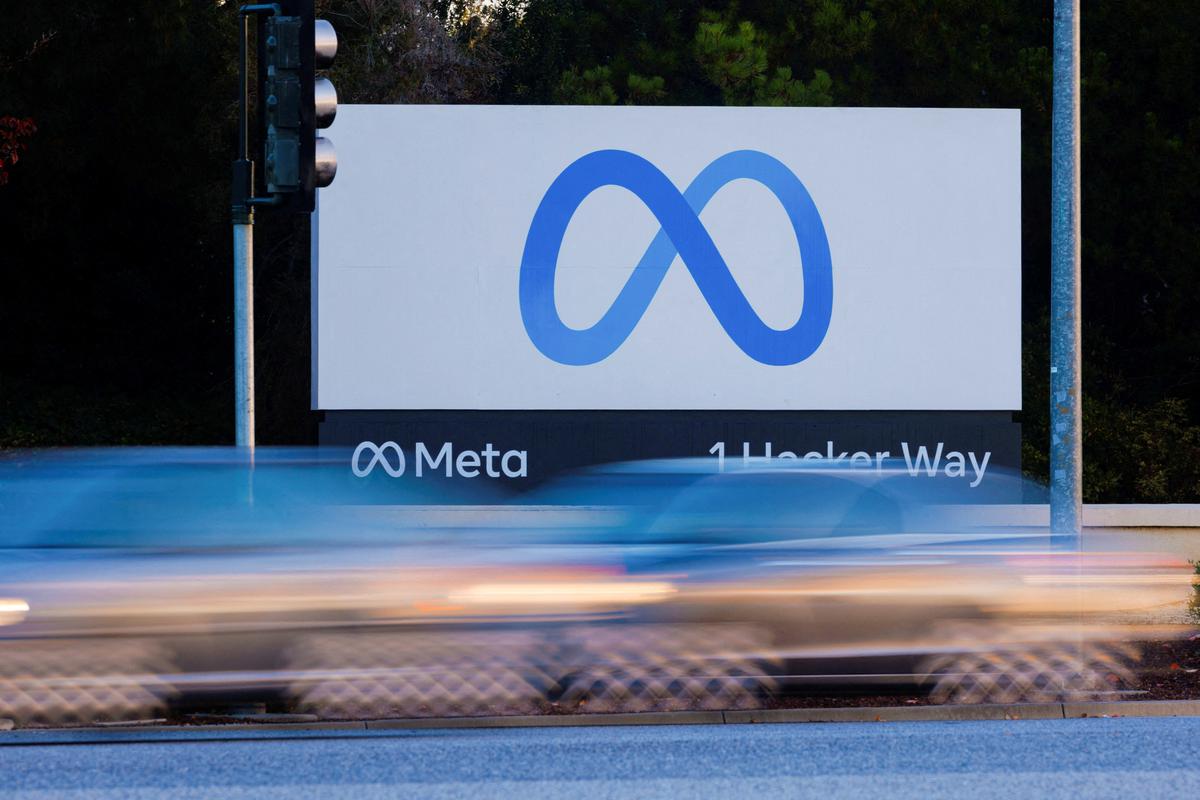
Meta and Constellation Energy: A 20-Year Power Play
Meta’s agreement will expand the output of Constellation’s Clinton Clean Energy Center, a nuclear power plant in Illinois. The deal, which comes into effect in June 2027, aligns with the expiration of Illinois' taxpayer-funded zero-emission credit program, a legislative lifeline that kept the plant from shuttering after years of financial instability.
-
30 megawatts of additional clean energy capacity will be added to Clinton’s output.
-
The deal will help preserve 1,100 local jobs.
-
It is projected to bring in $13.5 million in annual tax revenue to the region.
-
Currently, the plant powers the equivalent of about 800,000 U.S. homes.
According to George Gross, a professor of electrical and computer engineering at the University of Illinois, the additional 30 megawatts will be sufficient to power a city of roughly 30,000 residents for one year.
“Securing clean, reliable energy is necessary to continue advancing our AI ambitions,” said Urvi Parekh, Meta’s head of global energy.
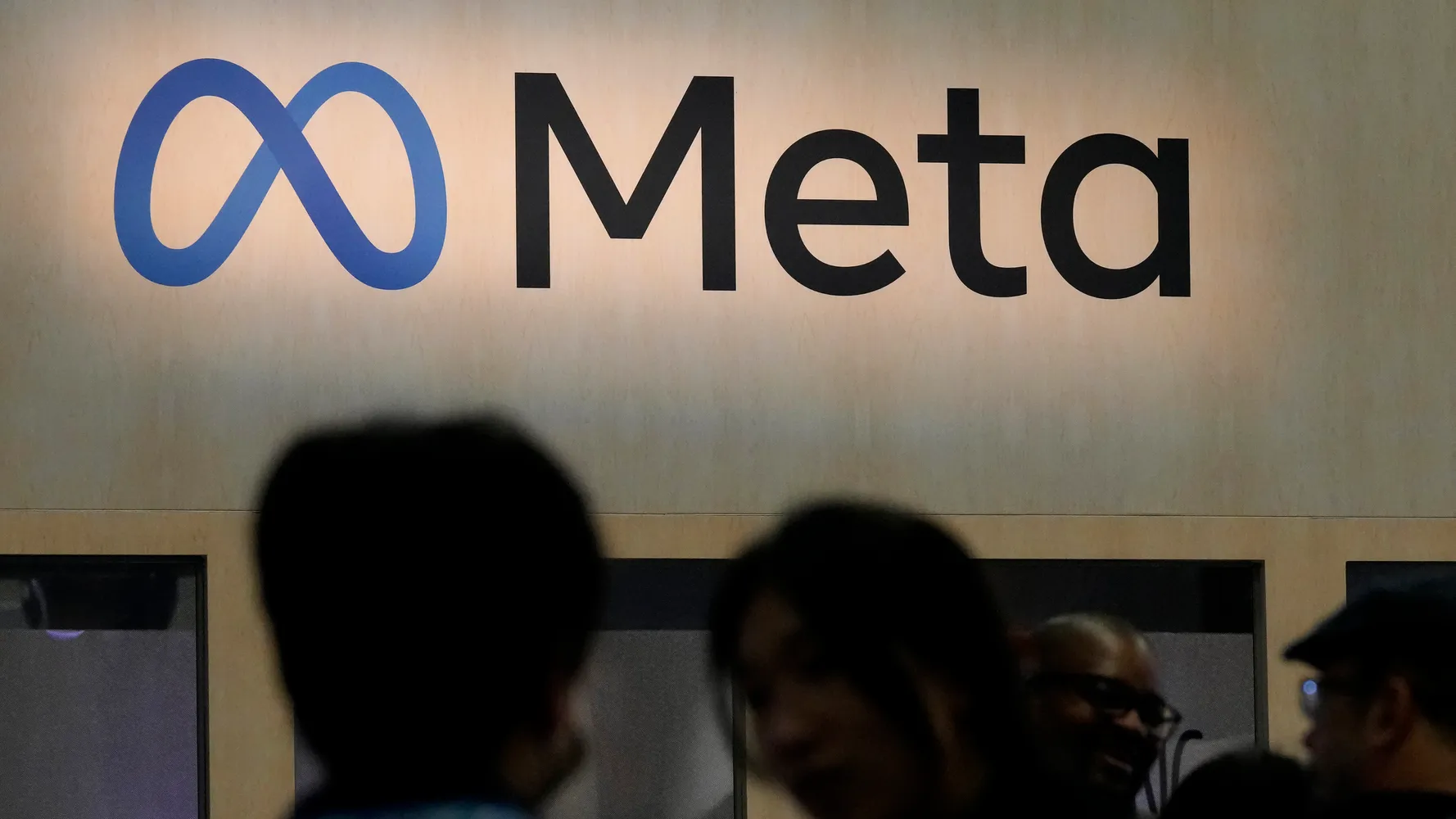
AI and the Energy Race: A Nuclear Resurgence
Meta is not alone. As artificial intelligence grows in complexity and computational needs, so does the pressure on tech companies to secure vast, uninterrupted energy supplies—all while staying committed to sustainability targets. Nuclear energy, offering zero greenhouse gas emissions and consistent power, is increasingly being seen as a viable solution.
Big Tech’s Nuclear Investments:
-
Microsoft has partnered with Constellation Energy to restart the shuttered Three Mile Island nuclear power plant in Pennsylvania, the site of the nation’s worst commercial nuclear accident in 1979.
-
Amazon announced an investment in small modular nuclear reactors (SMRs) in late 2024.
-
Just days earlier, Google made a similar announcement.
-
In May 2025, Google also unveiled investments in three advanced nuclear energy projects in collaboration with Elementl Power.
These moves signify a paradigm shift where nuclear power is being re-evaluated as a reliable, scalable, and carbon-free energy solution capable of powering the data centers driving modern innovations like AI, cloud computing, and machine learning.
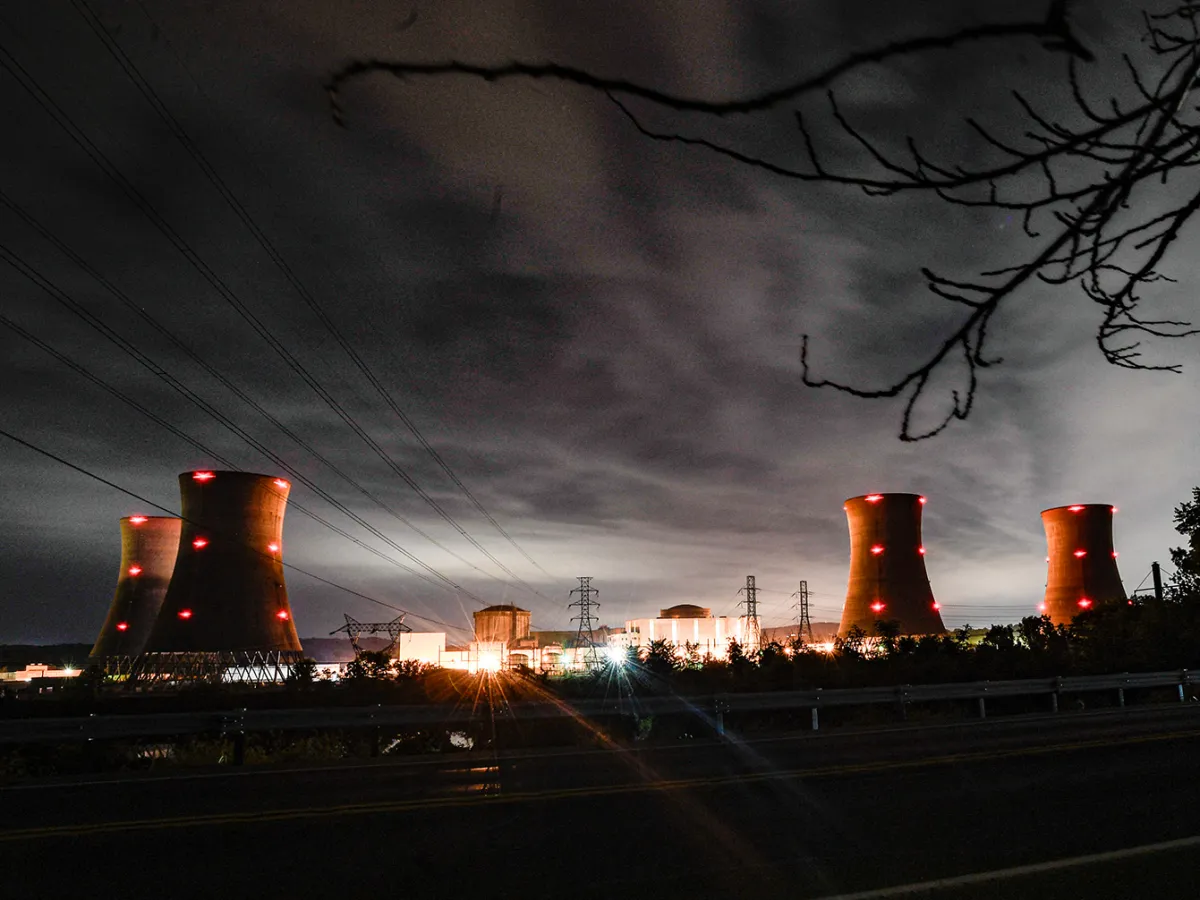
The Legislative Wave Behind the Nuclear Push
Recognizing the growing appetite for clean tech energy, U.S. states and policymakers are racing to accommodate nuclear expansion:
-
In 2024, 25 U.S. states passed legislation to support advanced nuclear energy.
-
In 2025 alone, over 200 pro-nuclear bills have been introduced in state legislatures, according to the Nuclear Energy Institute.
-
There is momentum at the federal level too, with advanced reactor designs now flooding regulatory pipelines.
These advanced reactor technologies, championed by multiple competing firms, are seen as crucial to helping the tech industry meet its immense and growing energy demands—especially as the U.S. continues to pursue aggressive climate goals.
The Challenges: Scaling and Infrastructure Gaps
Despite the growing optimism around nuclear energy, the road ahead is not without obstacles:
-
The White House’s goal of quadrupling nuclear power generation in 25 years appears unlikely under current conditions.
-
The U.S. has no next-gen nuclear reactors operating commercially today.
-
Only two new large nuclear reactors have been built from scratch in the last 50 years—both located in Georgia. These projects were completed years behind schedule and at least $17 billion over budget.
Moreover, infrastructure limitations pose a significant bottleneck. Professor George Gross emphasised the need to invest in transmission grid improvements to carry all the newly generated power efficiently and equitably across the nation.
“That’s my biggest concern,” Gross said. “Spending on the grid has actually fallen off in recent years, despite the voracious demand for energy.”
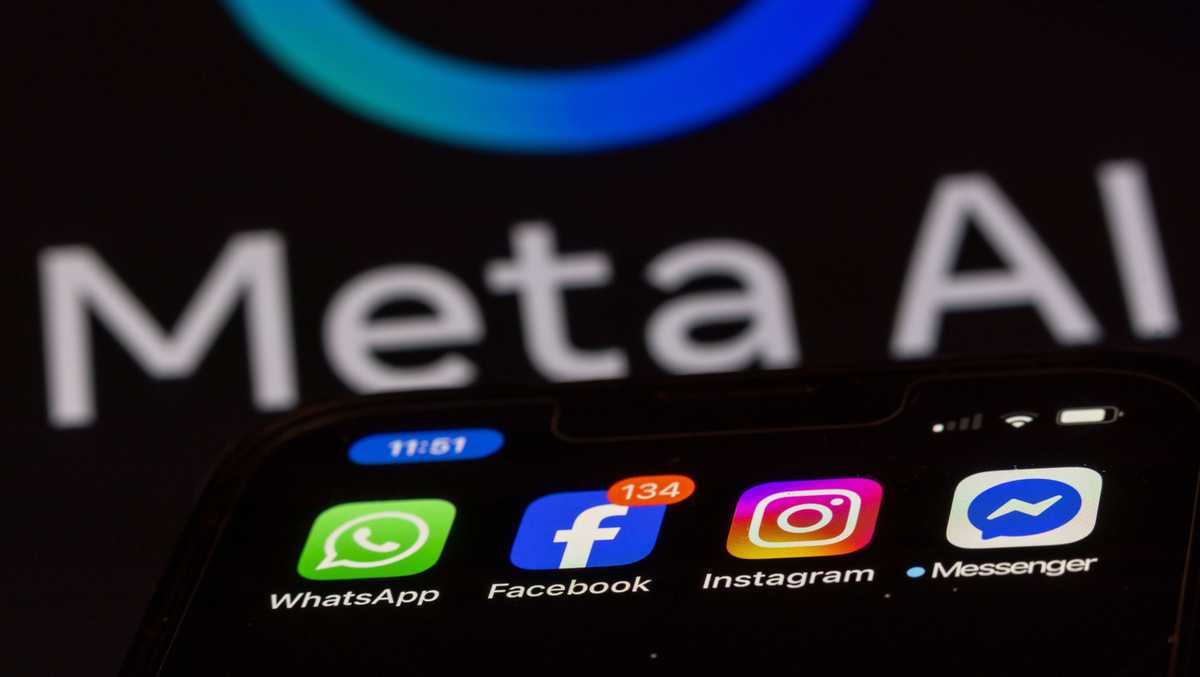
A Balanced Energy Portfolio: Solar, Wind, and Nuclear
While nuclear energy is making a strong comeback, Big Tech is not abandoning solar and wind investments:
-
Amazon, Google, and Microsoft continue to pour capital into renewables like solar and wind.
-
These sources complement nuclear by offering additional clean energy and diversification in tech companies’ long-term energy strategies.
This balanced approach ensures both carbon neutrality goals and energy reliability are addressed—crucial factors as AI and digital infrastructure rapidly expand.
AI is Power-Hungry—And Nuclear is Poised to Feed It
Though Constellation Energy Corp.’s shares remained flat after the announcement, the company’s growing list of long-term deals with tech giants signals strong confidence in its future outlook.
Meta’s 20-year nuclear power deal with Constellation Energy marks a watershed moment in the evolving relationship between Big Tech and the U.S. energy sector. As artificial intelligence continues to demand more electricity than ever before, nuclear power—once written off—is being reimagined as a key enabler of the next digital revolution.
With governments and companies aligning behind policy support, R&D, and next-generation reactor designs, the renaissance of nuclear energy is no longer theoretical—it’s operational, scalable, and increasingly profitable. And for companies like Meta, this alignment offers the perfect confluence of clean power, long-term reliability, and scalable infrastructure needed to sustain their AI-powered futures.
With inputs from agencies
Image Source: Multiple agencies
© Copyright 2025. All Rights Reserved Powered by Vygr Media.

